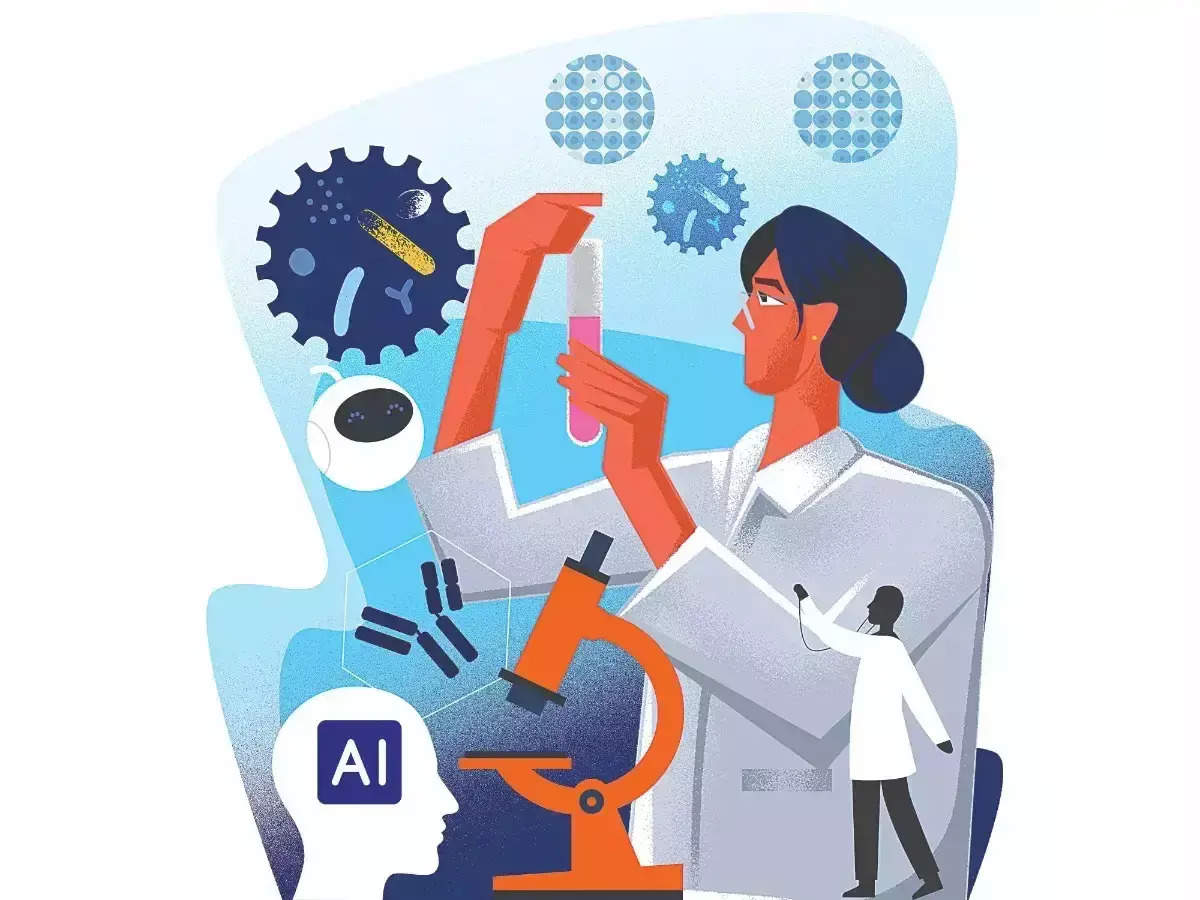
2025 is set to be a defining year for India’s economy, as recent forecasts have projected a deceleration in growth for this ongoing fiscal year, due in large part to weaker investments, reduced global consumption, and a decrease in corporate revenues.
For a country whose economic projections have always been defined by rapid growth and ambition, this downturn undoubtedly requires swift government action, and Prime Minister Narendra Modi has already made moves to lift sentiment and economic performance.
However, government action is only one piece of the puzzle. For decades now, India’s unparalleled economic growth has been driven by the emergence of globally competitive domestic industries, from manufacturing and technology to transportation and energy.
As these industries, and the Indian companies leading them, affirmed key positions in the international economic system, the country benefited from an expanded revenue base and increasing foreign investments. Therefore, if India is to outperform expectations and rekindle its economic fire, business leaders and entrepreneurs from every sector must continue to innovate and find new avenues for wide-scale expansion.
One such sector showing great potential for expansion is health technologies. In recent years, India’s health-tech industry has developed into a hub of innovation and a cornerstone of the nation’s economic and global ambitions.
In 2022, the health-tech market in India was valued at approximately 10.6 billion U.S. dollars, and it is projected to double by 2025, reaching around 21.3 billion U.S. dollars. This sector’s growth is more than just an impressive statistic; it signifies a profound shift in how India is perceived on the world stage—no longer just a provider of services but a creator of cutting-edge industries and technologies.
As global healthcare systems grapple with increasing demands and resource constraints, India’s burgeoning health-tech sector is uniquely positioned to offer scalable, cost-effective solutions to business and communities around the world. In the context of India’s long-term growth, this can play a critical role in supporting and enhancing economic growth, job creation, and foreign investment.
Moreover, the sector’s emergence also reflects a deeper narrative about India’s capacity to leverage technology for social good, a narrative that resonates globally and enhances India’s soft power.
At the heart of this transformation are pioneering companies like Periwinkle. This Indian enterprise has revolutionised cervical cancer screening with its patented Smart Scope® CX device. Unlike traditional methods that are often inaccessible to women in rural and underserved areas, Periwinkle’s technology democratises healthcare by offering a portable, cost-effective solution that uses advanced imaging and AI-powered analytics to provide real-time results.
This innovation is not just a technological marvel; it is a lifeline for thousands of women who previously had little to no access to such critical health services.
Already, the achievements of companies like Periwinkle are being recognised on the international stage. This week, Co-Founders Veena Moktali and Koustubh Naik were in Abu Dhabi, after being selected as a finalist for the Zayed Sustainability Prize, the UAE’s pioneering award for sustainable solutions.
With the aim of driving progress and sustainable development worldwide, the Prize awards 1 million USD to five of the world’s most innovative organisations, and Periwinkle’s selection as a finalist reflects their incredible work in the field of health-tech, and India’s emergence as a global leader in this sector.
Another exemplar of India’s health-tech prowess is Practo, a company that has seamlessly integrated digital solutions into everyday healthcare. Practo’s platform connects patients with healthcare providers, offering services such as appointment booking, teleconsultations, and access to digital health records.
This has been particularly transformative during the COVID-19 pandemic, demonstrating the sector’s agility and its capacity to meet urgent healthcare needs. Practo’s success highlights the adaptability and resilience of Indian health-tech companies, which are increasingly becoming indispensable to both national and global healthcare systems.
The rapid advancement of India’s health-tech sector is not without its challenges. Regulatory hurdles, data privacy concerns, and the need for a robust healthcare infrastructure pose significant obstacles. However, these challenges also present opportunities for collaboration between start-ups, government agencies, and traditional healthcare providers.
Such partnerships can create a more integrated and efficient healthcare delivery model, one that is capable of meeting the diverse needs of India’s population.
Moreover, continued investment in research and development will be crucial. India must not only sustain its current momentum but also push the boundaries of innovation to remain competitive on the global stage. This requires a concerted effort to nurture talent, foster an entrepreneurial ecosystem, and ensure that the benefits of health-tech innovations are equitably distributed across all segments of society.
As this sector continues to evolve, it will play a pivotal role in strengthening India’s economic ambitions. With companies like Periwinkle and Practo creating new solutions and strategies for expanding healthcare access on a global scale, India’s position in the international healthcare industry is on the rise, offering new opportunities for growth and investment that can help overcome India’s slowdown, However, the health-tech industry is not merely an economic asset; it is a testament to the country’s capacity for innovation and its commitment to improving lives.
With its eyes set on the future, India is poised to lead the charge in health-tech, offering solutions that promise better health outcomes and a brighter, more equitable future for millions around the world.
Healthcare is also one sector which has accrued for India an exceptional heft on the global stage. PM Modi’s focus on “Vasudhaiv Kutumbakam” – World is one family; the dictum of her G2-0 presidency One World, One Family, One Future; and his emphasis on One World–One Health enabled the ‘Vaccine Maitri’ during the Covid pandemic.
Not only a favourite for health tourism with its traditional ayurvedic and modern medicine excellence but India has also become a vaccine hub and pharmacy of the world and now the health-tech could provide that avenue for further enhancing its heft in this truly vital sector for the broader global good.
(The author is former Indian Ambassador to Jordan, Libya and Malta and President of Miiccia Chamber of Commerce & Industry as well as a Distinguished Fellow at Vivekananda International Foundation; Views expressed are personal)


